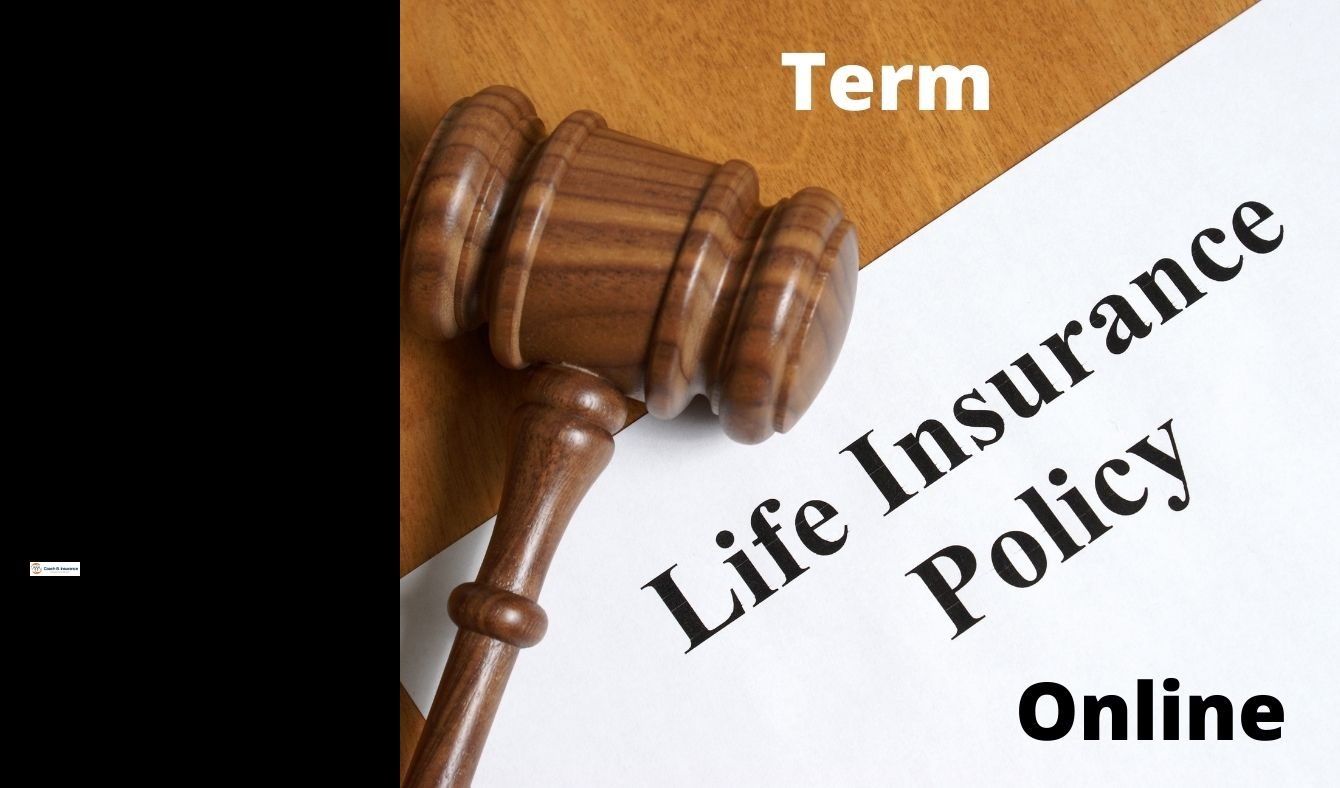life insurance whole vs term
No medical exam is required to apply for guaranteed life insurance. Guaranteed-issue policies do not require you to answer any questions about your medical history.
Term life insurance can be a type insurance policy that covers life with a defined end date. This could be 20 years from the date it was incepted. The death benefit is only payable if the policyholder passes away during the term. The death benefit is money paid to the beneficiary after the policyholder's death.



